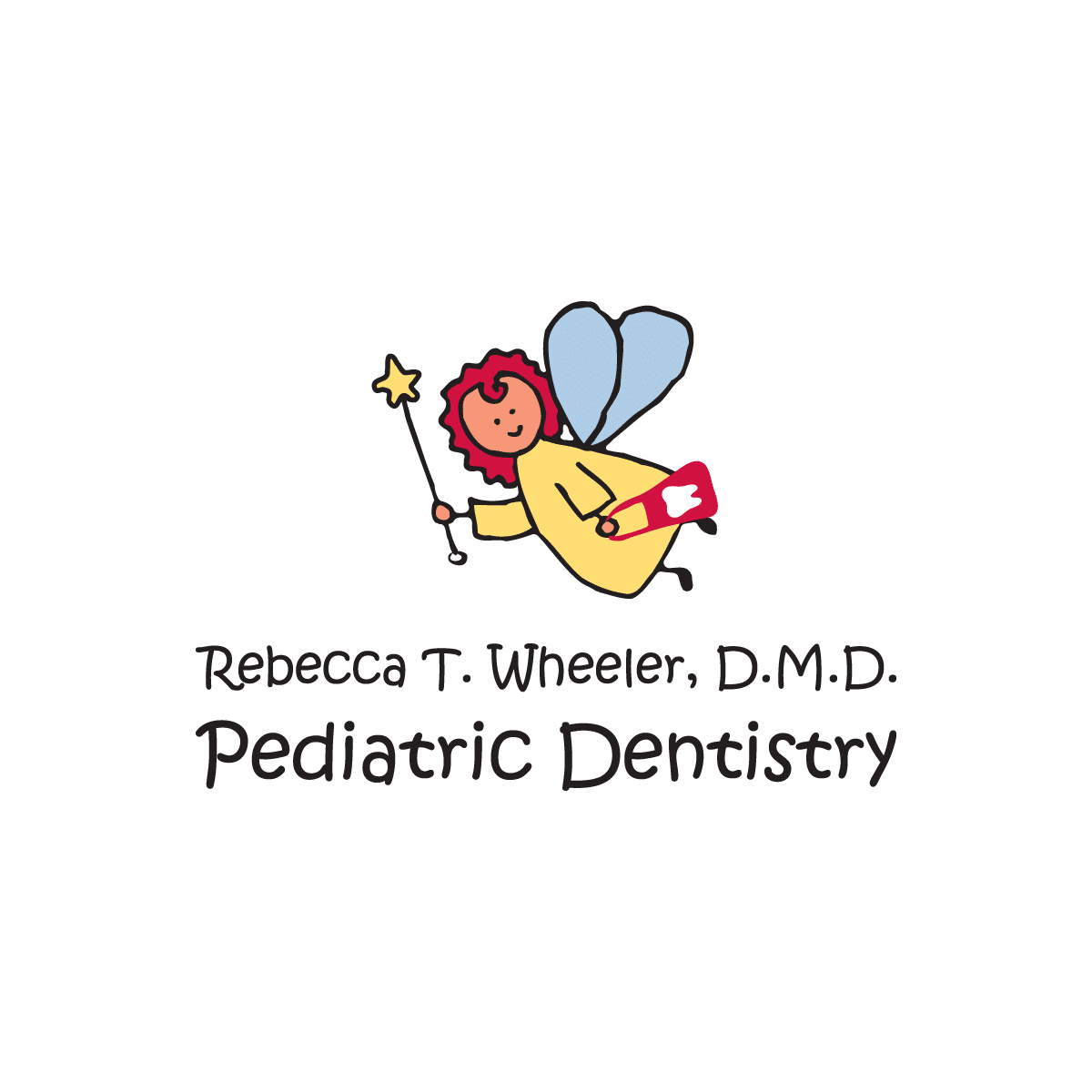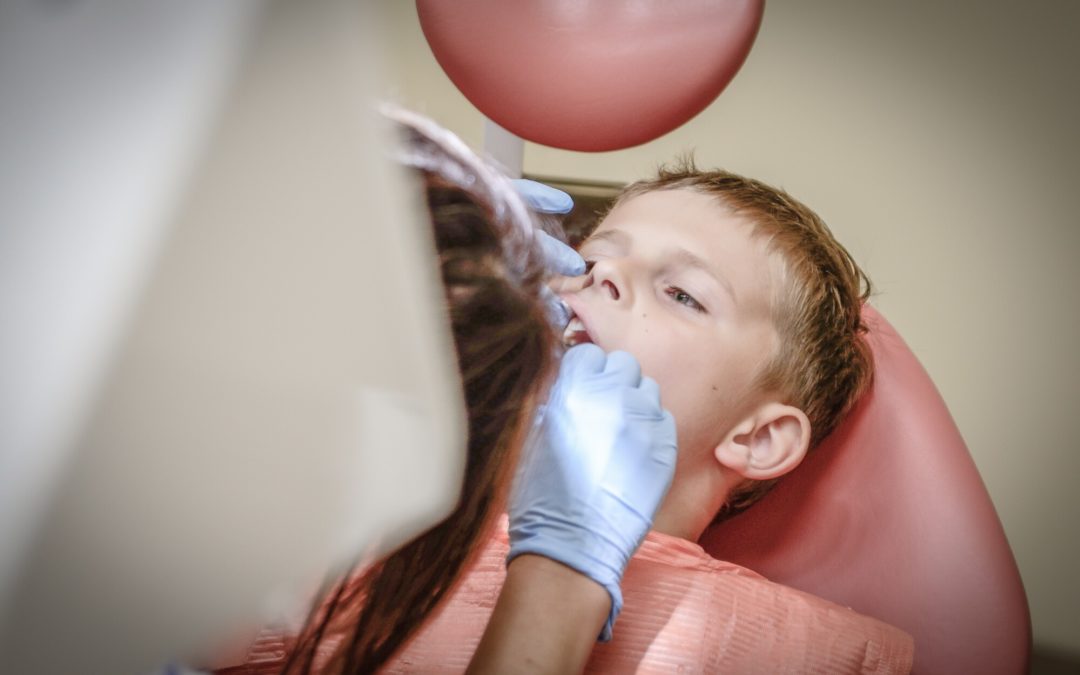Accidents happen, especially when kids are involved. In fact, about 20% of the world’s population experiences trauma to their teeth. Oral diseases affect about 3.5 billion people, too.
In fact, untreated tooth decay in permanent teeth is the most common health condition across the world. About 530 million children suffer from dental caries.
Here are seven signs your child needs to visit an emergency pediatric dentist ASAP. Visiting your Nicholasville pediatric dentist will help you prioritize their oral health. You can ensure your child receives the care they need.
Otherwise, oral diseases can cause pain, discomfort, disfigurement, and even death when left untreated.
Ensure your child gets help before a small dental problem becomes a major issue. Keep reading to discover the seven signs they need an emergency dentist.
1. Toothache
Usually, a little toothache can seem like a minor problem. Unfortunately, toothaches often indicate a bigger issue. For example, your child might have:
- Dental cavities
- Infections
- Exposed roots
- Dry socket
- Impacted wisdom teeth
Their pain could feel sharp and sudden. In other cases, it’s a dull, constant ache.
Some of the biggest causes of toothaches include decay, infections, and injuries. Aches usually develop when a tooth’s root is irritated.
Bacteria in your child’s mouth could spread, leading to dental decay or gum disease.
Meanwhile, inflammation can irritate the central portion of their tooth. Your child might complain of other issues, including:
- Pain when chewing
- Fever
- Bad breath
- Sensitivity to hot or cold foods and beverages
- Swollen glands
- Swelling around a tooth
- Injury or trauma to the area
- Bad taste in their mouth
- Bleeding or discharge from the gums or tooth
- Swelling of the jaw
- A headache
If your child is experiencing these symptoms, take them to an emergency pediatric dentist. Your Nicholasville pediatric dentist can pinpoint the root cause.
In the meantime, make sure to schedule a dentist appointment for your child every six months. Regular appointments can help your dentist catch signs of problems before they develop. Make sure your child brushes and flosses twice a day, too.
Otherwise, talk to your kid’s dentist about fluoride and sealants for your child. These treatment options can protect your child’s teeth from decay.
2. Tooth Abscess
A tooth abscess can develop if bacteria cause a pocket of pus to build against a tooth. Over time, the abscess can reach the tooth’s root.
It’s important to get a tooth abscess treated right away. When left untreated, your child could develop mediastinitis. Their mortality rate can increase to 40%.
They might have trouble breathing. If their airway becomes compromised, they might need intubation.
Symptoms of a tooth abscess can include:
- Fever
- Facial swelling
- A foul, salty taste in the mouth
- Sensitivity when chewing
- Difficulty swallowing or breathing
- A severe, throbbing toothache
- Sensitivity to hot or cold foods and beverages
- Tender, swollen lymph nodes
Before the infection gets the chance to spread, visit your Nicholasville children’s dentist.
3. A Broken/Chipped Tooth
An accident might cause your child to crack, chip, or break their tooth.
It’s important that you try to save as many of the broken pieces as possible. Then, have your child rinse out their mouth with warm water. Clean the piece, too.
Have your child press a cold compress against their face to minimize pain and swelling. If they start bleeding, call your pediatric dentist right away. They can offer further instructions before your child’s appointment.
4. Facial Swelling
If your child develops an infection, their immune system will trigger inflammation. Inflammation is the body’s response to illness and injury. Too much inflammation, however, can cause pain.
Your child might experience swelling around their cheeks and gums as a result.
Don’t wait to visit your emergency pediatric dentist. Otherwise, the inflammation might continue to spread.
5. A Knocked-Out Tooth
Remember, accidents happen. A car accident or sporting injury could knock out your child’s tooth. If they knock out a tooth, visit a pediatric dentist right away.
First, make sure to save the tooth. Make sure you collect the tooth by its crown, not the root.
Rinse the tooth in water without using soap. Then, place it in milk until your child’s appointment.
Talk to your kid’s dentist about possible solutions. In some cases, they can place the tooth back in without an implant.
6. Gum Abscess
Pus can also form on your child’s gums, leading to a gum abscess. They might experience severe pain as a result. A gum abscess can also leave your child vulnerable to other complications.
The bacteria can continue to build over time, impacting their immune system. They could experience:
- Sensitivity to hot or cold foods and beverages
- Pus discharge
- Fever
- A bad taste in the mouth
- Pain when chewing
- A loose tooth
Visit your kid’s dentist right away if they complain about these symptoms. Your pediatric dentist can check for gum disease or an infection.
7. Bleeding Mouth
Has your child started to complain about blood in their mouth? Sometimes, their gums can bleed if they brush too hard. It could indicate they’re not flossing often enough.
In other cases, a bleeding mouth could mean they have food particles trapped under their gums.
Visit your Nicholasville pediatric dentist to assess the problem. In the meantime, have your child press a cold compress to their cheek. Have them rinse their mouth out using saltwater until they can visit their dentist, too.
Does your child wear braces? Make sure to visit their dentist if a loose wire scratches the inside of their mouth. Otherwise, damaged braces can cause bleeding as well.
Place a cotton ball around the wire until you can visit your kid’s dentist.
Dental 911: 7 Reasons to Visit Your Emergency Pediatric Dentist ASAP
You never know when you’ll find yourself in the middle of an emergency. Keep an eye out for these seven issues. If these problems sound familiar, visit your emergency pediatric dentist right away.
Visiting your Nicholas pediatric dentist immediately can help your child avoid oral health complications. In the meantime, help your child prioritize their oral health.
Ready to schedule your child’s next appointment? We can’t wait to see you.
Connect with us today to get started.

